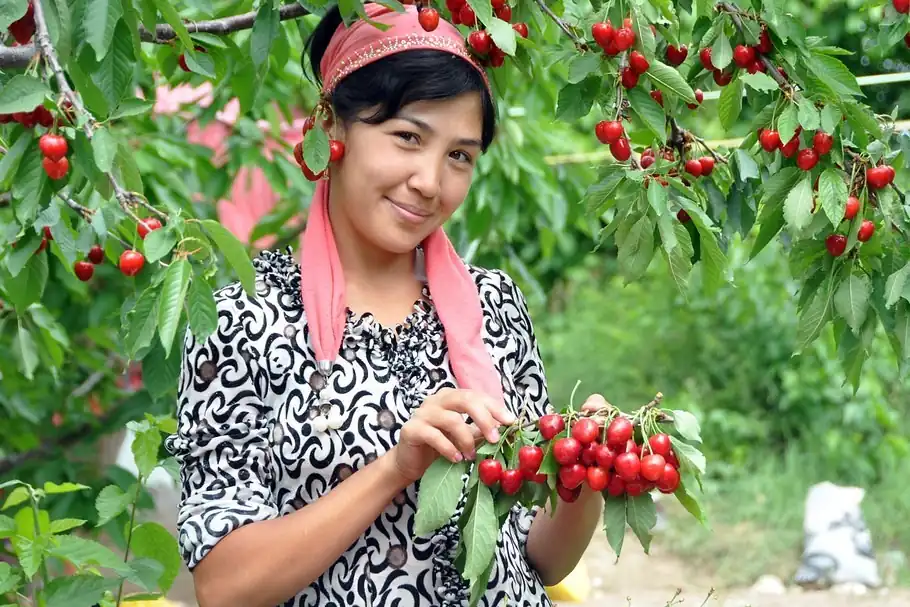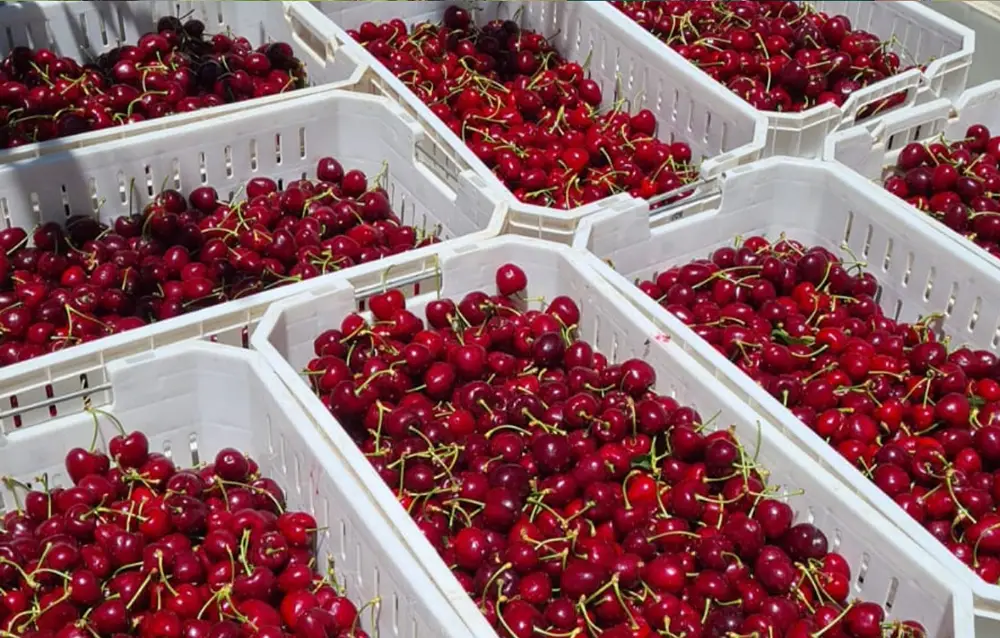Due to the anomalous heat in spring, which blocked flowering and rendered buds unproductive, the production of the prized Ferrovia cherries has drastically decreased, with a drop of 50-60% compared to last year. Coldiretti Puglia has reported this collapse in cherry production, first Bigarreau and now Ferrovia, and has requested the recognition of a natural disaster state through field inspections by technicians from the Region of Puglia.
The situation is further exacerbated for farmers due to the increase in production costs and severe drought, without a corresponding adjustment in sales prices. Additionally, there is a risk that the market will be flooded with foreign products of dubious origin and quality, aggravating food inflation and slowing down consumption, with families forced to cut back on purchases.
Coldiretti Puglia highlights the enormous difference between the costs of products in the countryside and those at retail, also influenced by logistics costs that can account for up to a third of the final price.
Speculations along the supply chain, from the field to the table, must also be countered by the Vigili dell’Annona. It is essential to have strict monitoring of the origin of horticultural products imported from North African countries such as Egypt, Tunisia, and Morocco.
Puglia is the main producer of cherries in Italy, with a production of nearly 32 thousand tons representing 35% of national production and 62% of the cultivated area, with a turnover of about 22 million euros. Production is mainly concentrated in the province of Bari, which alone accounts for 96.4% of regional production and 39% of national production.
Coldiretti Puglia emphasizes the importance of cherry quality, intended exclusively for fresh consumption. The Ferrovia variety, in particular, requires care in the phases of cultivation and harvesting, operations that cannot be replaced by machines.
Cherries are a beloved fruit for their low-calorie content and richness in vitamins and minerals, such as vitamin A, C, B vitamins, iron, calcium, magnesium, potassium, and sulfur. They also contain natural melatonin, useful for promoting sleep, and antioxidants that combat cellular aging.
In response to unfair competition and issues related to trade agreements, Coldiretti Puglia welcomes the announcement from the European Commission not to proceed with a trade agreement with Mercosur countries, including Argentina, Brazil, Paraguay, and Uruguay. This agreement could have introduced agri-food products that do not conform to EU standards of environmental sustainability and food safety.
To enhance and protect local production, Coldiretti Puglia proposes the creation of a territorial brand like the IGP (Protected Geographical Indication), which highlights the unique characteristics and quality of Apulian cherries. This initiative could make a traditional and typical crop of the region more competitive, strengthening the bond between producers and consumers and promoting direct sales.
Finally, Coldiretti Puglia emphasizes the importance of building a value chain that enhances the product through a clear territorial characterization, ensuring food safety and a transparent relationship between companies and citizens.
Source: Fruitbook Magazine
Image: myfruit.it
Cherry Times - All rights reserved










